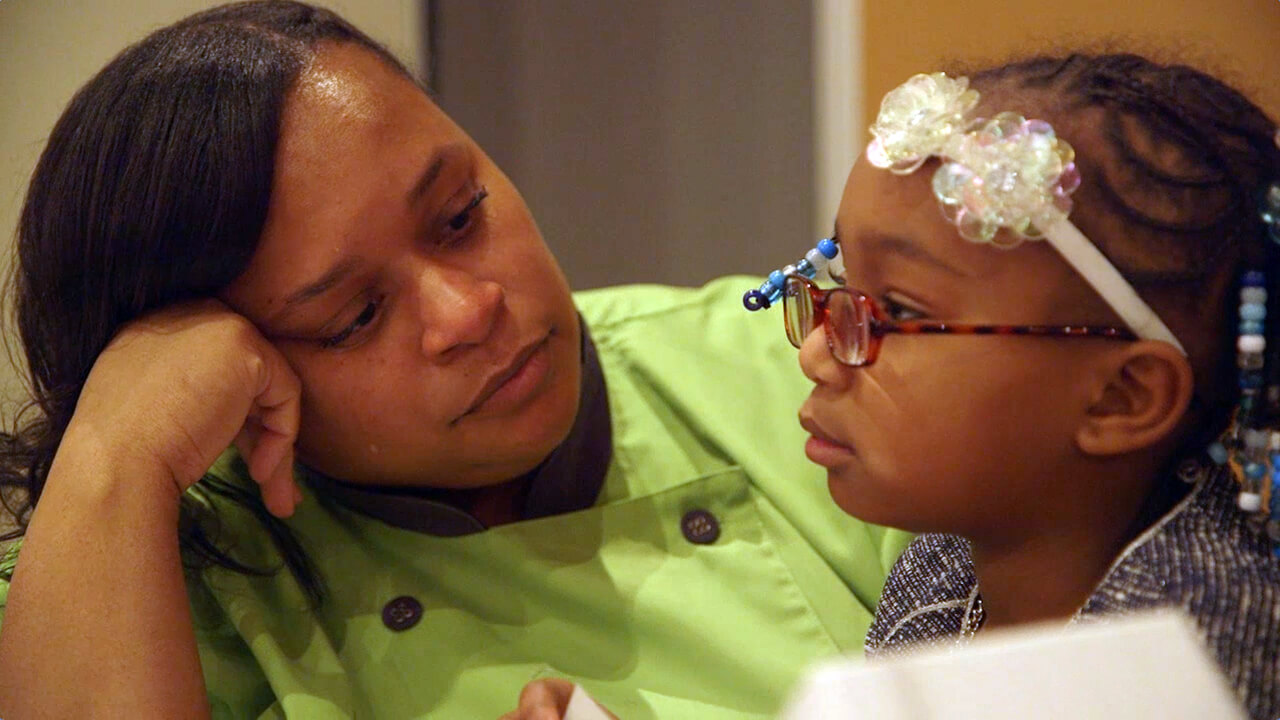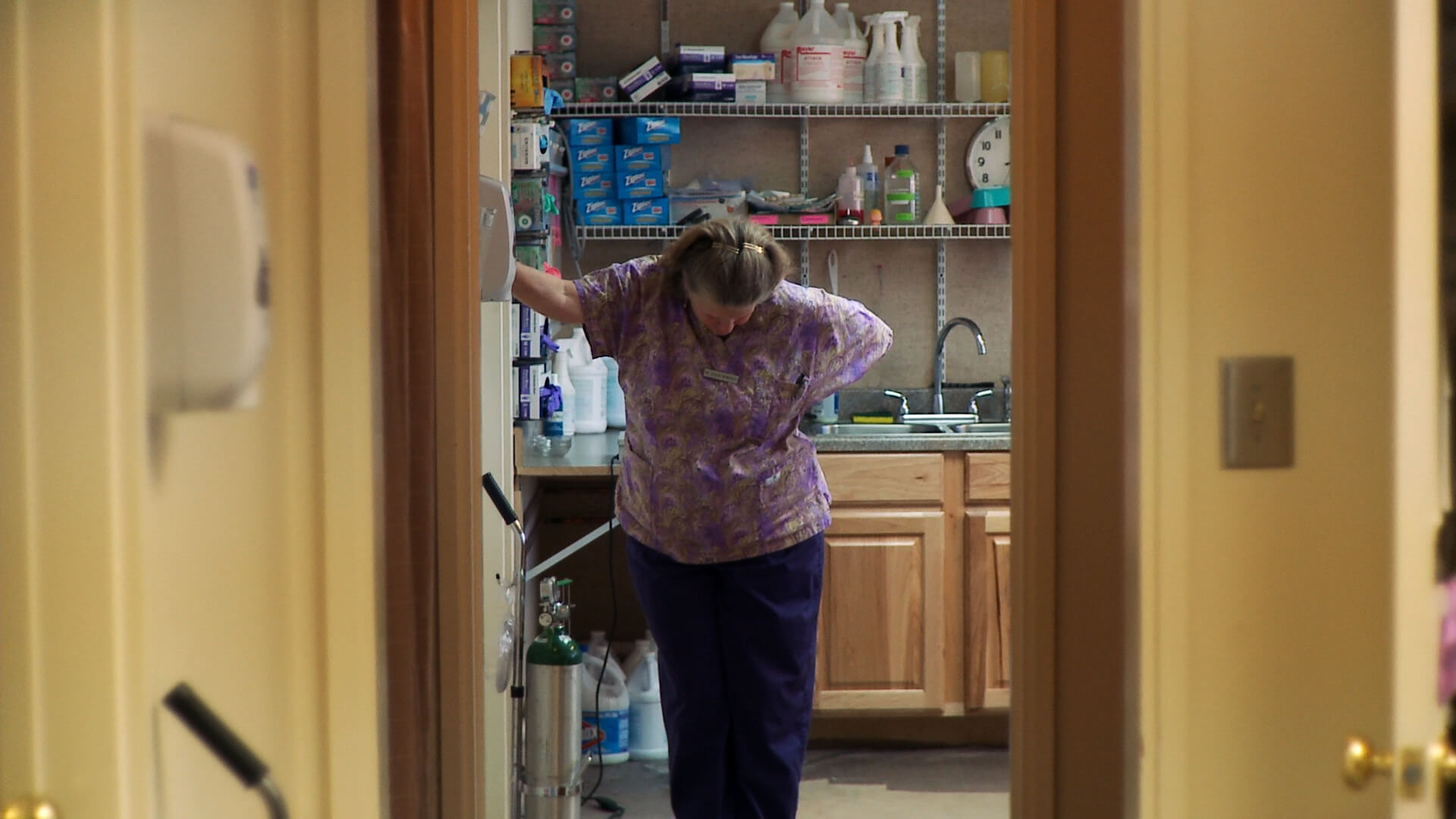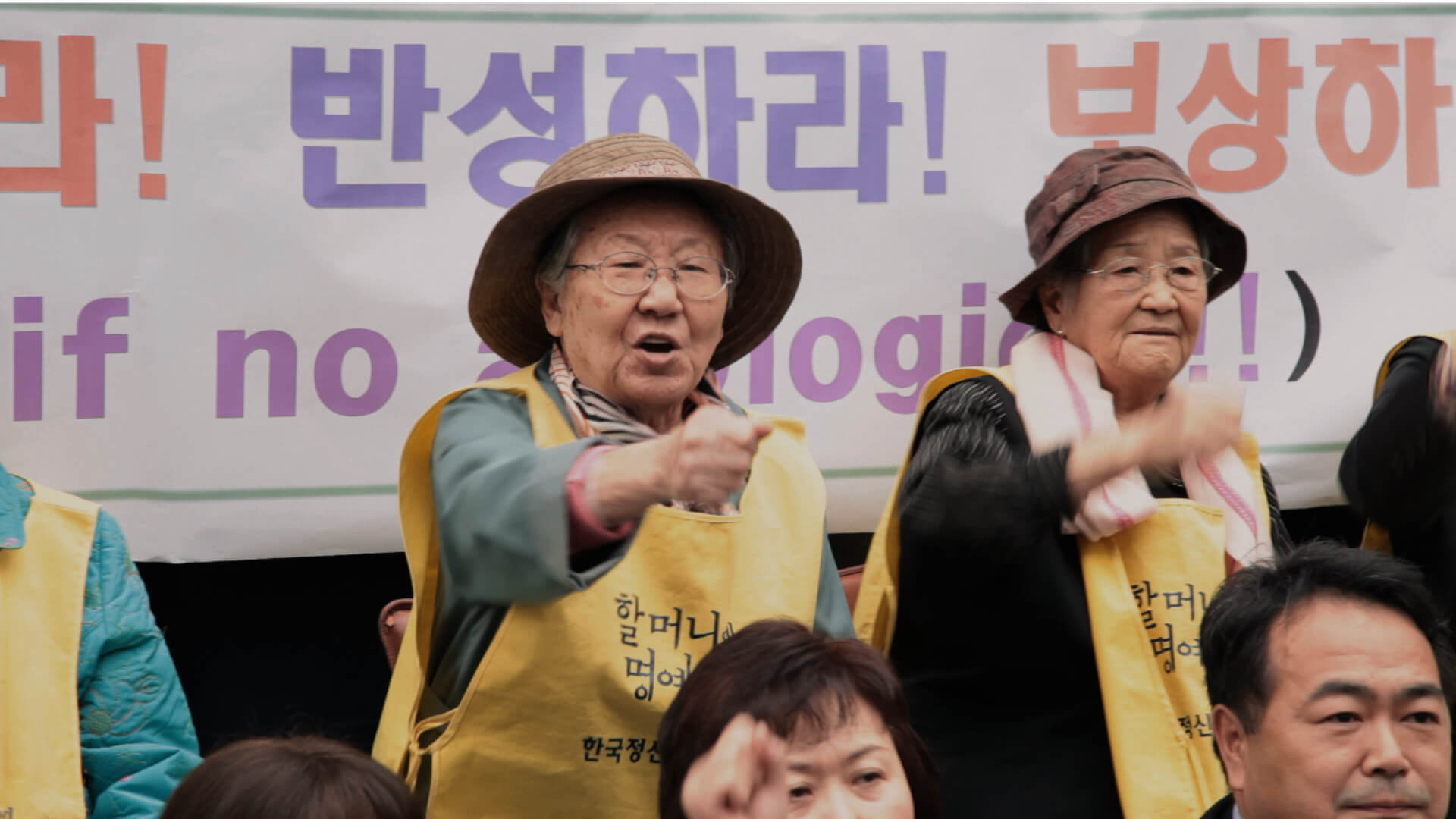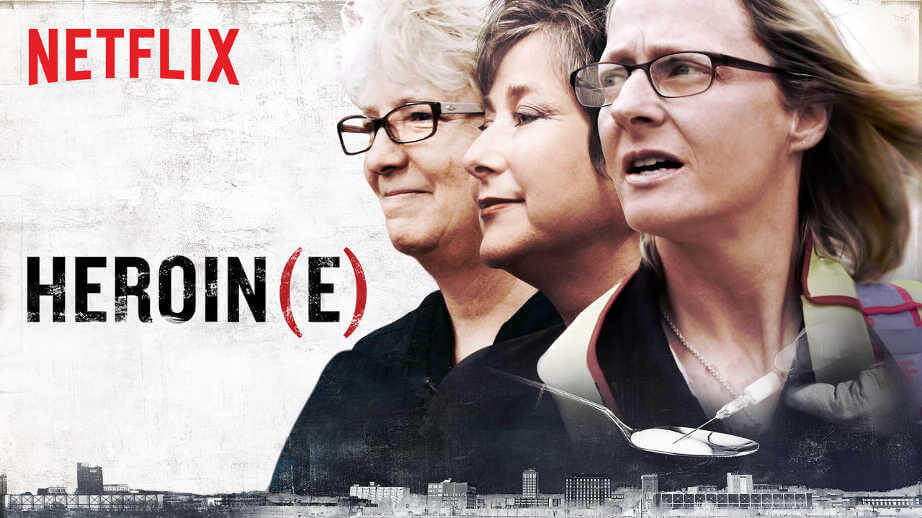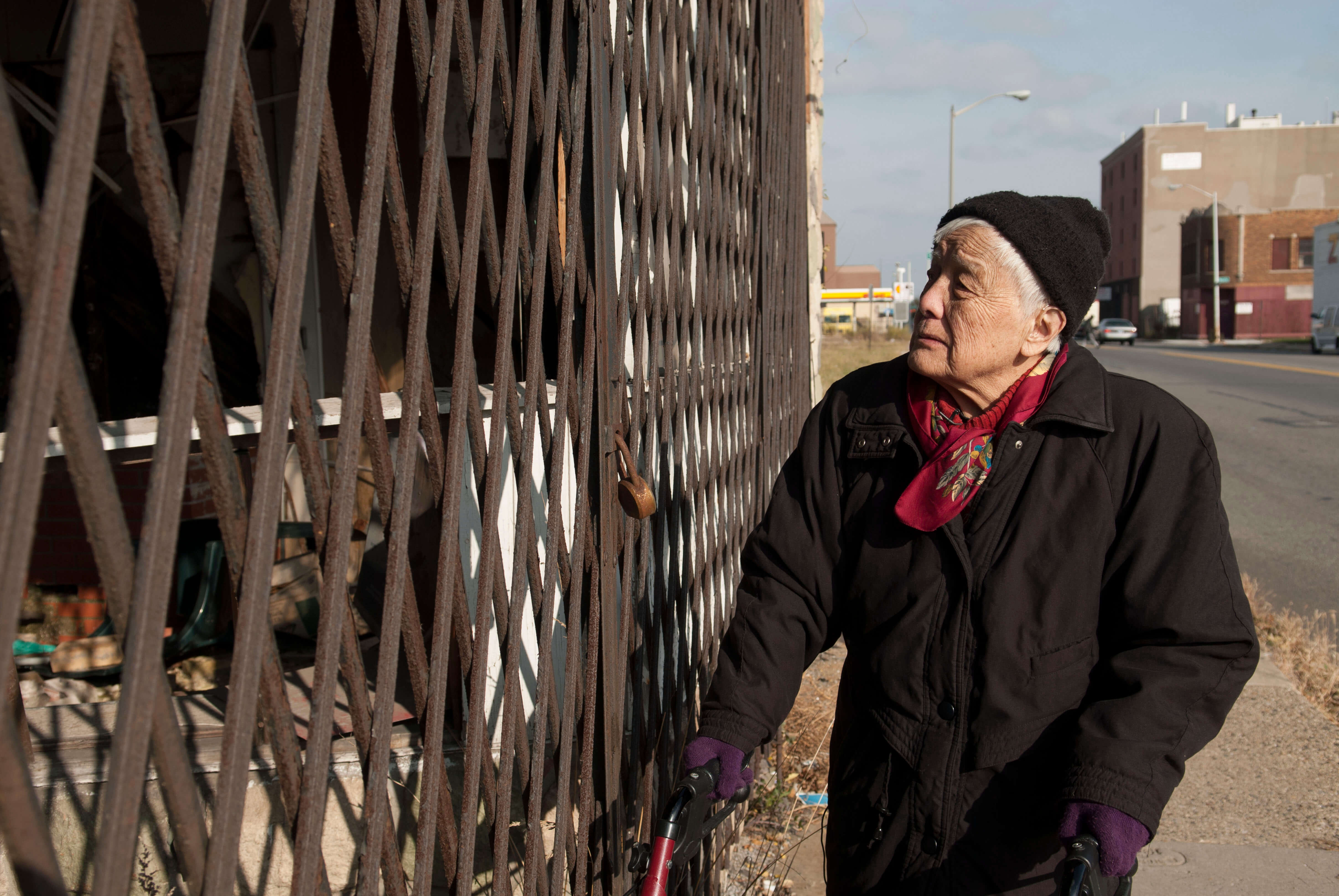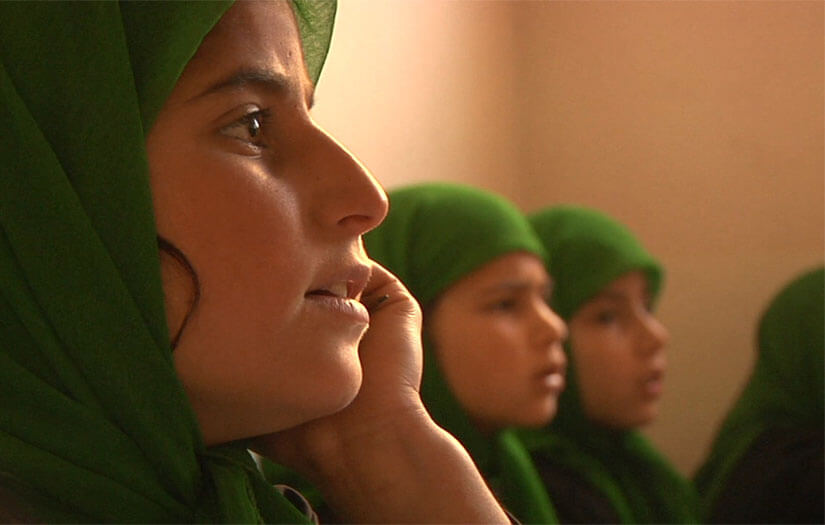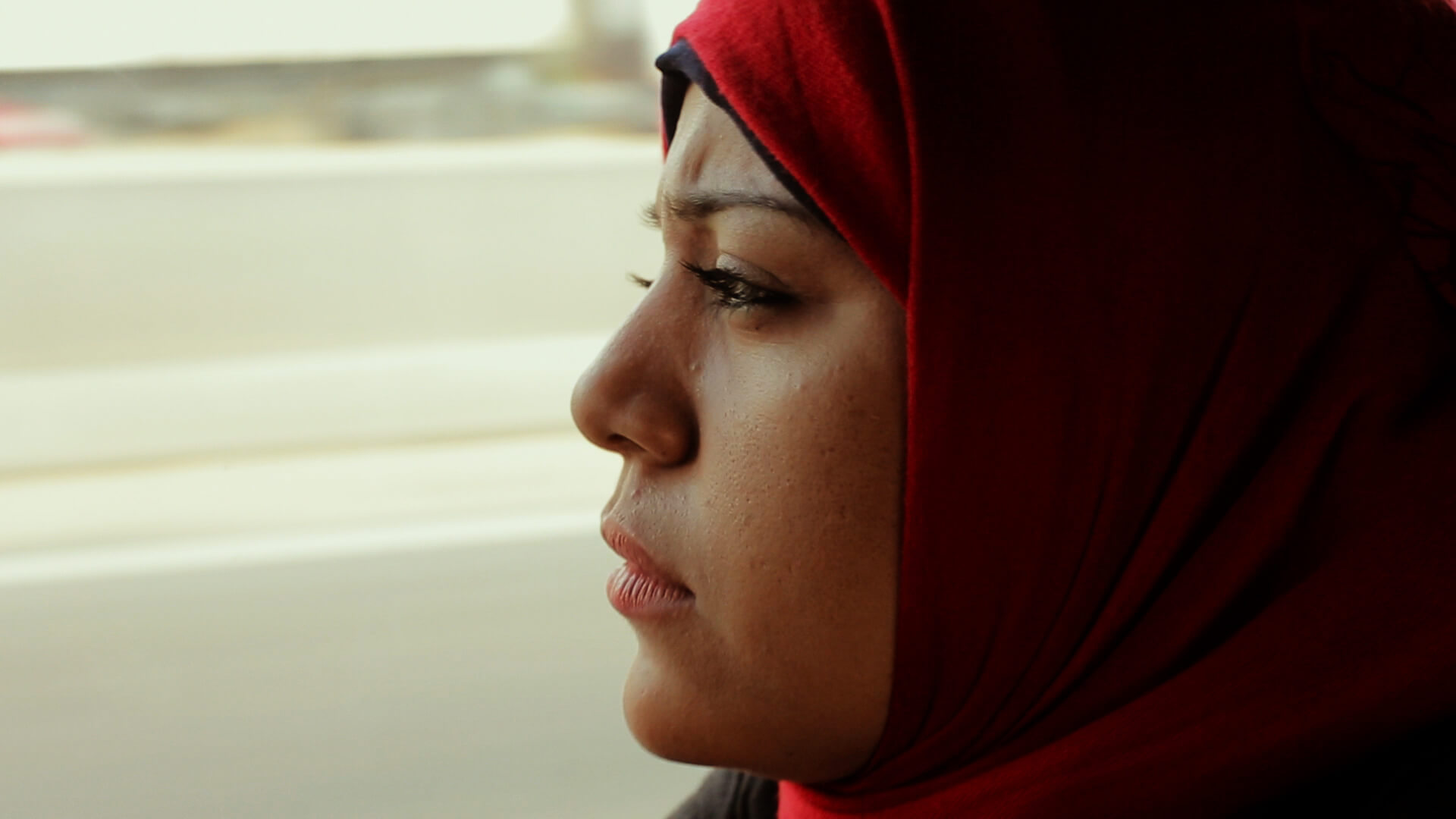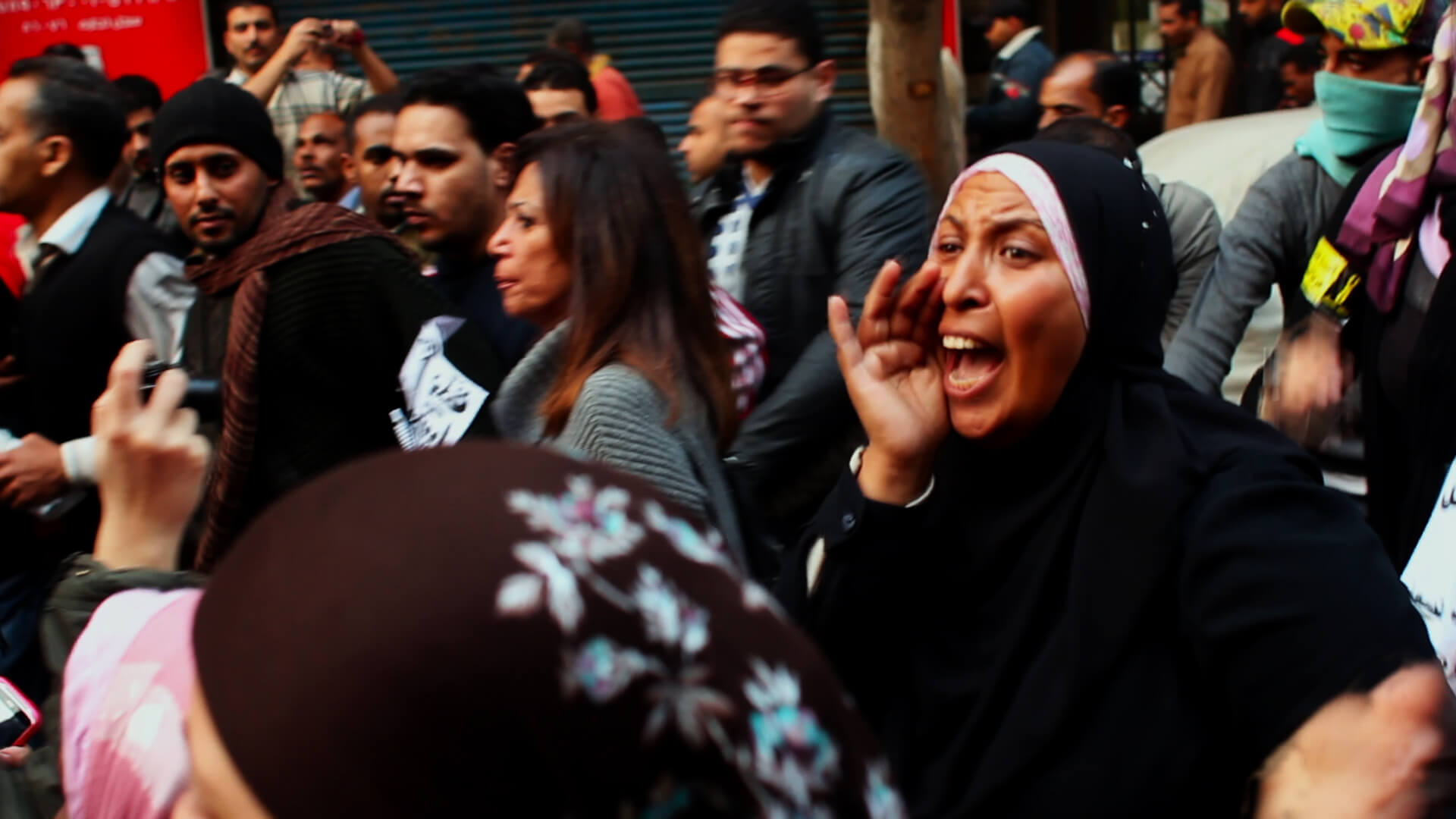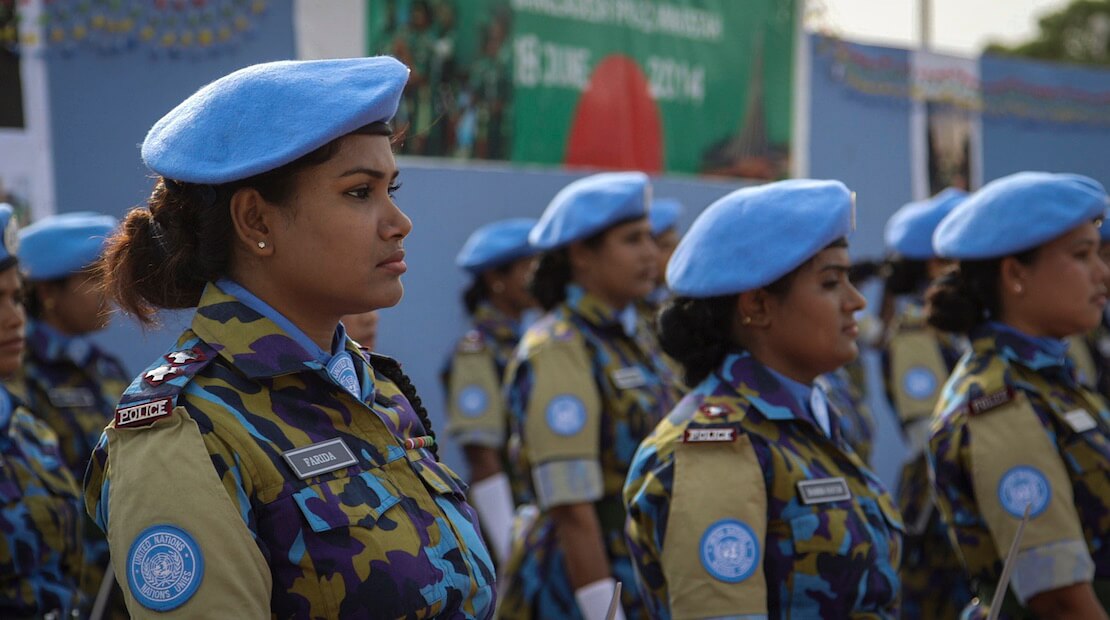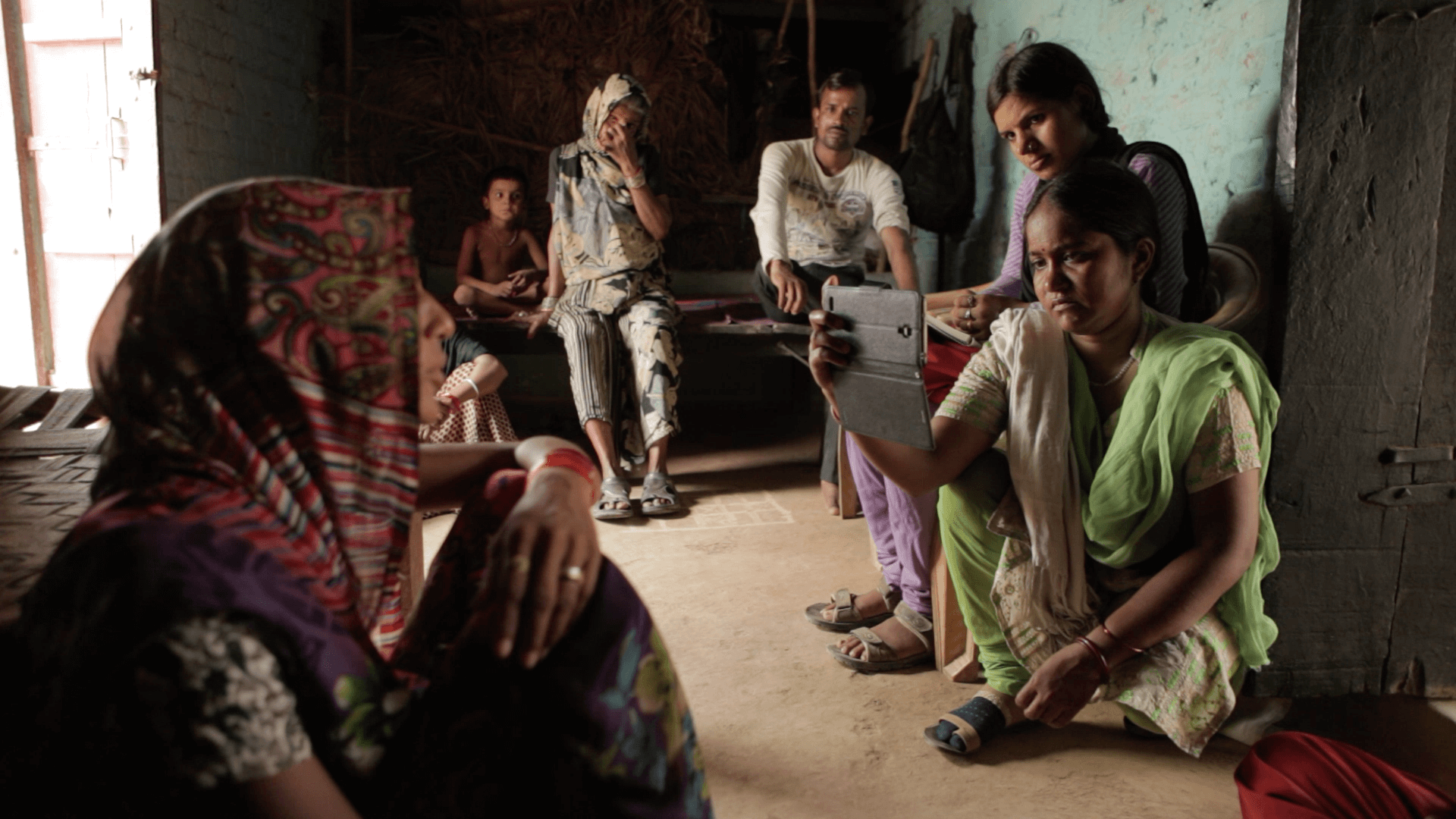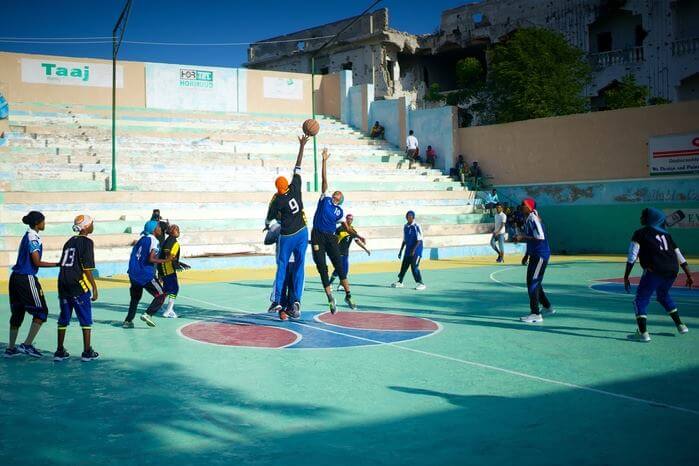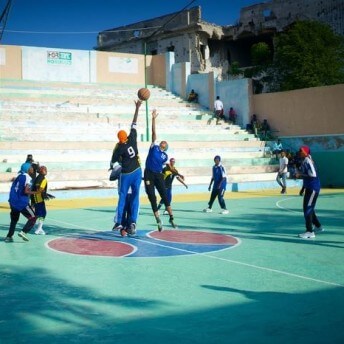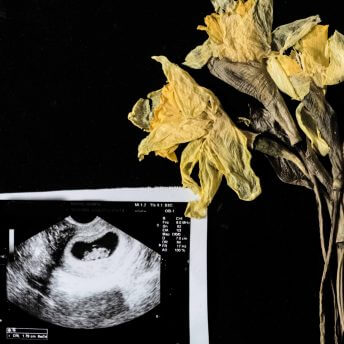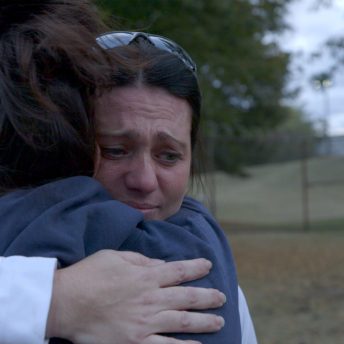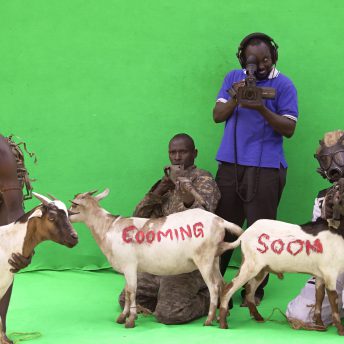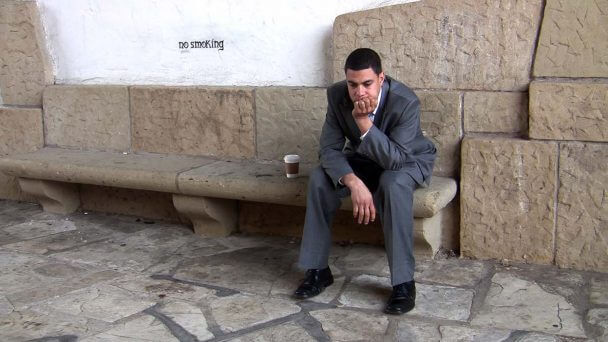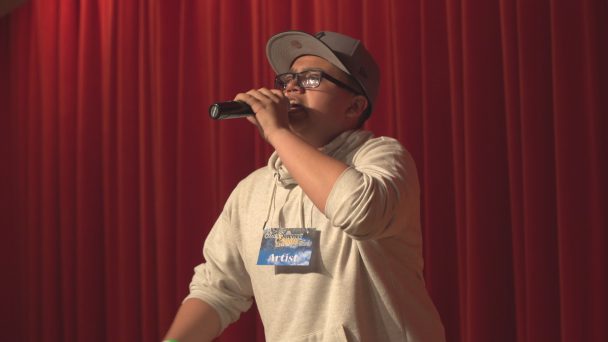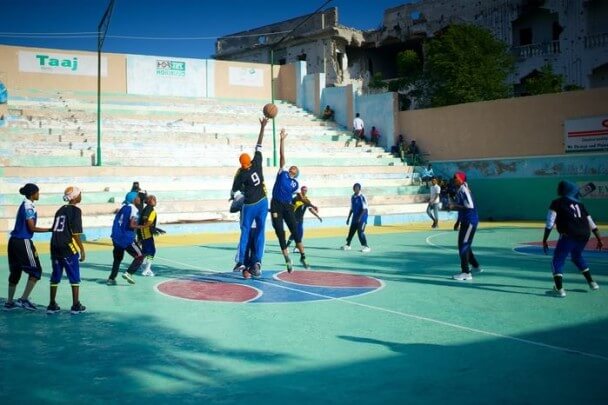Celebrating Women This March at Chicken & Egg Pictures
Today is International Women’s Day, a global day celebrating the social, economic, cultural, and political achievements of women. This year’s International Women’s Day theme is balance—promoting the need for equality and a gender-balanced world.
Chicken & Egg Pictures is honoring women’s voices today by looking back on the many Nest-supported films about women and girls and looking forward at some powerful films to come. Through the lenses of empathy, intimacy, and dignity, these films represent the diverse complexities of what it means to be a woman or girl in our world today. We hope these Nest-supported filmmakers and their work lead to a more balanced film industry.
Get your International Women’s Day inspiration by streaming these egg-cellent women-directed and women-centered films:
After Tiller, co-directed by Martha Shane and Lana Wilson (also a Chicken & Egg Award recipient), paints a complex, compassionate portrait of the four American doctors left who openly provide third-trimester abortions. Since the assassination of Dr. George Tiller in Kansas in May 2009, these physicians have become the new number-one targets of the anti-abortion movement, yet continue to risk their lives every day to do work that many believe is murder, but which they believe is profoundly important for their patients’ lives.
After Tiller is available on Amazon Prime.
The Apology, directed by Tiffany Hsiung, is a film about memory, told through the current relationships three women have with the people closest to them and how these relationships indelibly shape the last years of their lives. The three women – Gil Won-Ok in South Korea, Grandma Cao in China, and Lola Adela in the Philippines – are all former “comfort women” who were among the 200,000 girls and young women forced into military sexual slavery by the Japanese Imperial Army during World War II.
The Apology is available on Amazon Prime.
Heroin(e), directed by 2016 Chicken & Egg Award recipient Elaine McMillion Sheldon, follows three women—a fire chief, a judge and a missionary—who are battling America’s modern opioid epidemic in Huntington, West Virginia, once a bustling industrial town, now a place with an overdose rate 10 times the national average. This flood of heroin now threatens this Appalachian city with a cycle of generational addiction, lawlessness, and poverty. But within this distressed landscape, Elaine McMillion Sheldon shows a different side of the fight against drugs—one of hope.
Heroin(e) is available on Netflix.
American Revolutionary: The Evolution Of Grace Lee Boggs, directed by Grace Lee (also a Chicken & Egg Award recipient) tells the story of Grace Lee Boggs, a 98-year-old Chinese American woman whose vision of revolution will surprise you. A writer, activist, and philosopher rooted for more than 70 years in the African American movement, she has devoted her life to an evolving revolution that encompasses the contradictions of America’s past and its potentially radical future.
American Revolutionary: The Evolution Of Grace Lee Boggs is available on Netflix.
Pashtana’s Lesson, directed by Beth Murphy, follows the story of a young girl living in the rural Afghan village of Deh’Subz, on the outskirts of Kabul Province, as she resists an arranged marriage so that she may attend Zabuli Education Center, the first girls’ school in the area.
In 2016, Pashtana’s Lesson debuted as a New York Times Op-Doc. To watch, visit the New York Times Op-Docs website. What Tomorrow Brings, the feature-length documentary on which Pashtana’s Lesson is based, aired on PBS’s POV series and is available on Amazon Prime.
Moving on to the rest of March, Women’s History Month: In a year when women are mobilizing and running for office in unprecedented numbers, tune into PBS for Women, War, and Peace II, the acclaimed documentary series which presents four women-directed films exploring the pivotal role women are playing in dramatic conflicts and peace settlements across the globe. This season, three out of four films featured are Nest-supported projects. Check your local listings for exact times and dates.
The Trials of Spring, directed by Gini Reticker debuts Monday, March 25. The film follows the journeys of three Egyptian women from the early days of the 2011 Arab Spring until today: Hend, from a rural military family, awaiting a harsh prison sentence for protesting against military rule; Miriam, an activist fighting to end sexual assault; and Mama Khadiga, a formerly veiled widow who became a caretaker of the revolutionaries. Their intersecting stories reveal the vital and underreported role women play in shaping the region’s future.
Naila and the Uprising, directed by Julia Bacha debuts Tuesday, March 26. Weaving together interviews, news footage, and expressive animation, award-winning documentarian Julia Bacha (also a Chicken & Egg Award recipient) inventively chronicles the remarkable journey of Naila Ayesh, who in the late 1980s joined a clandestine movement of Palestinian women who played a pivotal role in the nonviolent uprising known as the First Intifada.
A Journey of a Thousand Miles: Peacekeepers, co-directed by Geeta Gandbhir (also a Chicken & Egg Award recipient), Sharmeen Obaid-Chinoy (also on our Eggsperts advisory board), and Perri Peltz, debuts Tuesday, March 26. The film follows an all-female, Bangladeshi unit of UN peacekeepers as they leave their friends, families and all familiarity for deployment abroad in Haiti. The film examines how this journey forever alters their lives while illuminating the unique role that women play in restoring peace in the world’s most volatile regions.
Nest-supported films about women and girls to look out for in the future:
Writing With Fire, directed by Rintu Thomas & Sushmit Ghosh (2018 (Egg)celerator Lab), tells the story India’s only newspaper run by Dalit women. Armed with smartphones, Chief Reporter Meera and her journalists break traditions, be it on the frontlines of India’s biggest issues or within the confines of their homes, redefining what it means to be powerful.
Writing With Fire is currently in production.
Reentry (Working Title), directed by Jennifer Redfearn (2018 (Egg)celerator Lab), is an immersive, character-driven film follows three women—who are part of a new reentry program in Cleveland, Ohio—as they prepare to leave prison, reunite with their children, and find jobs after serving time for drug-related charges.
Reentry is currently in post production.
Rajada Dalka/Nation’s Hope, directed by Hana Mire
(2016 Diversity Fellows Initiative; 2017 (Egg)celerator Lab), follows the Somali National Women’s basketball team in their first season since the civil war, as veteran coach Suad Galow shepherds her team of fearless young women and helps them to overcome the violent threats against them from members of the Al-Shabab militia and reclaim their place on the international stage.
Rajada Dalka/Nation’s Hope is currently in post production.
Fork Films Announces 2018 Grants
Fork Films announced yesterday $625,000 in grant funding to sixteen documentaries “that align with the company’s dedication to promoting peacebuilding, human rights, and social justice.”
We are so proud to have supported seven films of the sixteen announced, as well as one filmmaker.
Born In China, directed by Nanfu Wang and Lynn Zhang (2017 Accelerator Lab)
How much control does a person have over their own life? In China, state control begins before a child is even born.
How to Have an American Baby, directed by Leslie Tai (2017 Diversity Fellows Initiative)
How to Have an American Baby is a kaleidoscopic voyage that travels behind closed doors into the booming shadow economy that caters to affluent Chinese tourists who travel to the US on birthing vacations—in order to give birth and obtain US citizenship for their babies. Tracing the underground supply chain from Beijing and Shanghai to Los Angeles, the film weaves together vignettes and deeply private moments. In bedrooms, delivery rooms, and family meetings, the story of a hidden global economy emerges—depicting the fortunes and tragedies that befall the ordinary people caught in the web of its influence.
Lights Camera Uganda, directed by Cathryne Czubek and Hugo Perez (2017 Accelerator Lab)
Against all odds, former bricklayer and teacher Isaac Nabwana has turned his small home in the slums of Uganda’s capital city into the Wakaliwood action movie studio. After 10 years and 40+ films, Wakaliwood has become an overnight international media sensation, inspiring others around the world to follow in his footsteps. When New York film nerd Alan Hofmanis shows up on his doorstep one day, everything is bound to change.
Rajada Dalka/Nation’s Hope, directed by Hana Mire ( 2016 Diversity Fellows Initiative and the 2017 Accelerator Lab)
If doing what you love put your life at risk, would you continue to do it? What if it would also endanger the life of your family and friends? Would you carry on? Or would you quit? These are the questions the women athletes of Rajada Dalka/Nation’s Hope face every single day as they are met with threats from members of the Al-Shabab militia in Mogadishu. Diving deep inside the Somali National Women’s basketball team’s first season since the civil war, the film follows veteran coach Suad Galow as she shepherds her team of fearless young women, and helps them to overcome the violent threats against them and reclaim their place on the international stage.
Reentry (working title), directed by Jennifer Redfearn (2018 Accelerator Lab)
Women are now the fastest growing population in the U.S. criminal justice system, increasing at nearly double the rate of men. The majority of women going into prison are serving time for drug-related charges. This immersive, character-driven film follows three women—who are part of a new reentry program in Cleveland, Ohio—as they prepare to leave prison, reunite with their children, and find jobs after serving time for drug-related charges.
Syrian Families Film (Untitled), directed by Megan Mylan
A look at war and displacement through the lens of parenthood from Megan Mylan, Academy-Award winning director of Lost Boys of Sudan and Smile Pinki. This feature documentary unfolds as a sequence of cinematic short stories revolving around Syrian families living in Turkey, Greece, the US, Germany, and Syria. Each chapter is an intimate portrait of parents—often mothers alone—as they work to rebuild their children’s lost sense of security and possibility. It is a story that is both urgent and timeless.
The Rashomon Effect, directed by Lyric R Cabral (2017 Accelerator Lab)
What happened when unarmed Black teen Michael Brown was fatally shot by White police officer Darren Wilson?
Going to Mars: The Nikki Giovanni Film, directed by Michèle Stephenson (Breakthrough Filmmaker Award, 2016) and Joe Brewster*
Going to Mars: The Nikki Giovanni Project recounts the story of acclaimed poet, Nikki Giovanni and the revolutionary historical periods through which she lived—from the Civil Rights and Black Arts Movement, to present-day Black Lives Matter.
* Chicken & Egg Pictures did not directly support Going to Mars: The Nikki Giovanni Film but supports director Michèle through our 2016 Breakthrough Filmmaker Award program.
See the full slate of Fork Films’ newly supported projects here.
Post by 2018 Communications Intern Morgan Lee Hulquist.
Meet Hana Mire: the Filmmaker Telling the Story of Somalia’s National Women’s Basketball Team
Part Two of a series of blog posts from Chicken & Egg Pictures’ 2017 Accelerator Lab grantees. This post is an interview with Hana Mire, Chicken & Egg 2017 Accelerator Lab Participant, 2016 Diversity Initiative Fellow, and director of Rajada Dalka/Nation’s Hope.
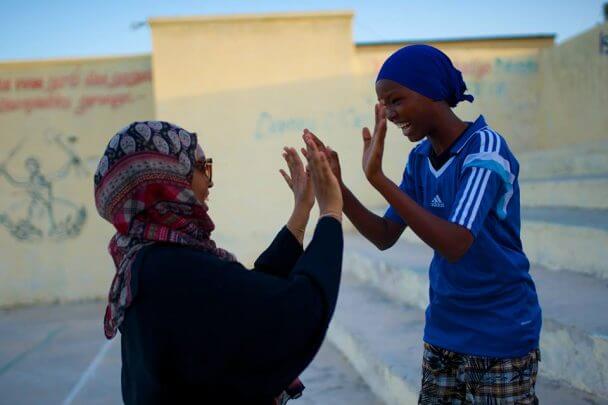
Tell us about your film. What stage is it currently in?
The film is about the Somalia women’s national basketball team. We’re following two young girls who were raised in Mogadishu and play for the team as, every day, they receive death threats from the terrorist organization, Al Shabaab, telling them to stop playing. At the same time, we’re following two older generation women who played basketball in Somalia before the civil war, twenty-seven years ago, who are training the girls for the Pan Arab Games.
We’re in production. The ending of the film will be the Pan Arab Games in February. Then we’ll move to the post-production.
How did you discover the female basketball players of Mogadishu and then decide they would be the subjects of your first feature film?
I used to work in a bank as a customer service agent. One day, one of my colleagues, who knew I was Somali, was reading an article. She came to me and said, Hana, you have to check out this story. And I read this story about these older generation players training these young girls in Somalia, and I was so inspired.
I did my research and reached out to the team in Somalia. I emailed them, explained who I was, and told them I was very interested in coming to Somalia to make a film. They were very supportive.
One month later, I came to Somalia with a skeleton-crew to see the girls, meet the coaches, and start the film.
Being a Somali woman who was born and raised in the U.A.E., what has been your experience being in Somalia to film Rajada Dalka?
I wanted to find Somalia through my eyes. I had never been because my parents left Somalia forty years ago and came to the United Arab Emirates.
The stories my mom told me were so different from what the media told me. Growing up in the U.A.E., every time I turned on the TV and people were talking about Somalia, they were showing the poverty and filming the war. I was never turning on the TV and seeing something positive about my country. I wanted to come closer to this culture.
When I went to Somalia to meet the team and film them, it was eye-opening for me. It was my first time in Somalia, and it was such an inspirational trip. Everything I was seeing, I was seeing for the first time. All the colors—all the beautiful colors that the women would wear! I was so in love with the people, the dances, the clothes, the poetry, the city, the story, and everything! And I felt so welcome. People really opened their doors to me. One day, I was waiting for my driver and people kept coming up to me saying, do you need anything? Do you need a ride? Are you lost?
I thought, this is something you don’t see. This is not something being shown to anyone. You see in the media that we are aggressive, that we are fighting, that we are dying. That’s all I had ever heard from people—Somali people are dying because they have no water, no access to food. But it’s not the whole country that’s in that position. I’m not denying that there is poverty. Everywhere, there’s poverty. But my film is going to show how these girls live. They’re struggling, how any other person is struggling. Like anyone living in New York City and working and living. Paying their rent, providing, and paying the bills. It’s the same life, I would say. These girls are happy in their home. That’s what I want to show. They don’t have to be in the US! They don’t have to be in Europe to be happy!
The only thing they need is to have security, to have a secure country that can support them.
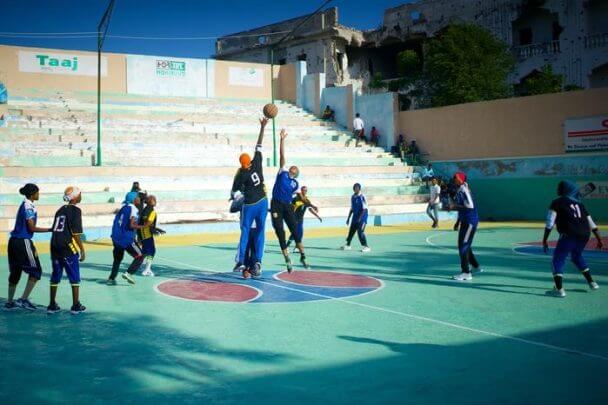
How can we, as an audience, relate to these women who risk everything to play the sport they love?
I think the film will inspire people who are going through similar conditions, or any conditions with an obstacle in front of them. You would not expect someone who receives death threats on a daily basis to continue playing basketball!
If someone told me, I’m going to kill you unless you stop making films, I would stop and think about me. We all get to live just one time in this world. We have to achieve what we really want and what we believe in.
And that’s why I relate to these girls. Initially, I had to hide the fact that I was studying filmmaking from my family. Like the girls in Mogadishu had to hide from their families that they were risking their lives playing basketball.
Are they supportive now?
They changed their minds; my whole family changed their minds. Because they saw that I’m very persistent when I find a story that is really important to me and a story that really matters. And this story matters.
They also got pretty encouraged when they found out I had been funded by organizations all the way in the US. They were like, okay, so she’s being supported internationally; this filmmaking thing is real, not just to her. So, they left me with that.
Glad we could help!
United Arab Emirates-based independent Somali filmmaker Hana Mire is the director and producer of the forthcoming documentary and her feature directorial debut, Rajada Dalka. She has taken film production courses at New York Film Academy in Abu Dhabi, has directed and produced short documentaries, and in 2013, she won an award at the Abu Dhabi Film Festival for her mini-doc, Silent Art. Last year, she was a Documentary Intensive Fellow at UnionDocs and a Diversity Fellows Initiative filmmaker.
Post by Morgan Hulquist, Summer 2017 Chicken & Egg Pictures Communications Intern.
Chicken & Egg Accelerator Lab Live Pitch at Sheffield Doc/Fest
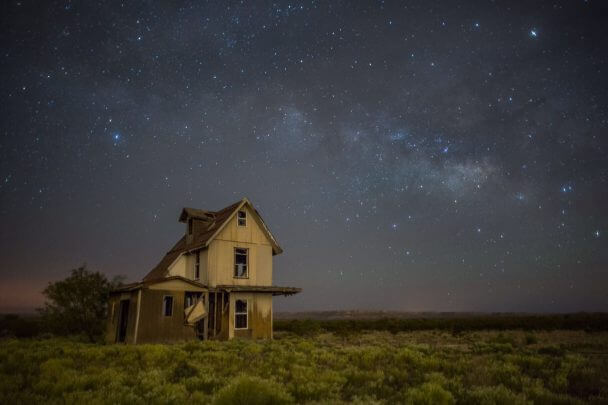
Join us for our first ever LIVE CHICK-PITCH at the 2017 Sheffield Doc/Fest.
Our focus: to showcase, celebrate, and introduce you to the work, vision, and promise of 10 compelling projects helmed by emerging women directors from around the globe—each one a member of our 2017 CHICKEN & EGG PICTURES Accelerator Lab, hailing from Bangladesh, China, Somalia, Mexico, Poland, and across the US.
The Live Pitch will take place on Sunday, June 11, 12:00 – 14:00 pm at the Sheffield ITV Town Hall Reception Room B.
Moderated by award-winning filmmaker Judith Helfand, Chicken & Egg Pictures’ Co-Founder and Senior Creative Consultant.
THE PROJECTS
- Born in China by Nanfu Wang & Lynn Zhang (China)
- The Guardian of Memory by Marcela Arteaga (Mexico)
- Kids Can Spit by Chelsi Bullard (US)
- Lights, Camera, Uganda by Cathryne Czubek & Hugo Perez (US)
- People I Know by Zofia Pregowska (Poland)
- Rajada Dalka/Nation’s Hope by Hana Mire (Somalia)
- The Rashomon Effect by Lyric R. Cabral (US)
- Surf Girls of Cox’s Bazar by Elizabeth D. Costa (Bangladesh)
- The Surrender of Waymond Hall by Jane Greenberg, (US)
- Unaccompanied Children by Alexandra Codina (US)
Find out more about the 2017 Accelerator Lab.
If you would like to attend let us know by emailing Sabine Fayoux, Program Coordinator, at sabine@chickeneggpics.org.
If you can’t join us at the Live Pitch please consider meeting with the filmmakers individually or in small group meetings during the festival. To coordinate a meeting, please contact our European representative and Sheffield Doc/Fest liaison Tereza Šimíková at simikova.tereza@gmail.com.
The Chicken & Egg Pictures Accelerator Lab is a year-long program that brings together 10 nonfiction projects directed by women from around the world who are making their first or second film. The program provides them with a major grant of $35,000 USD and intensive mentorship that strives to balance creative storytelling and core producing skills with practical models for building sustainability, community, and relationships in the nonfiction marketplace. The 2017 Sheffield Doc/Fest marks the program’s second of three retreats, this one built around utilizing and leveraging all that the Sheffield Doc/Fest’s Meet Market and Industry Convenings have to offer.
Chicken & Egg Pictures Announces 2017 Accelerator Lab Finalists
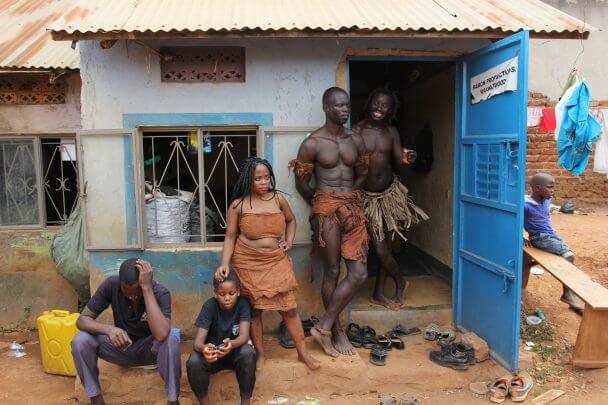
We’re proud to announce our newest cohort of Accelerator Lab participants. Congratulations to all!
The Surrender of Waymond Hall
Directed by Jane Greenberg, US
The Surrender of Waymond Hall tells the redemption story of a young black fugitive on the run for the violent crime he committed a decade ago. With extraordinary access, the film follows Way as he wrestles with the excruciating decision to turn himself in, faces the watershed moment of surrender, and navigates a criminal justice system accused of discriminating against people just like him. His story exposes flaws in our societal institutions and in human nature, unfolding against a backdrop of national debates over the divisive racial impact of our criminal justice policies and the remarkable push to reform them.
The Guardian of Memory
Directed by Marcela Arteaga, MEXICO
The Juarez Valley, a region once known for cotton production, is now nothing more than burned down houses, empty towns, and memories. Carlos Spector, an immigration lawyer born in El Paso, TX, fights to obtain political asylum for Mexicans fleeing from violence. This is the story of Mexican men, women, and children seeking a respite from their tragedies by heading to their neighboring country, the U.S. It is also a story about the kindness and hope that still exists in people who have gone through hell, and about Carlos Spector’s tireless efforts to keep memory alive.
Kids Can Spit
Directed by Chelsi Bullard, US
The feature documentary Kids Can Spit follows three New York City teenagers over the school year as they gear up to compete against one another at the Science Genius B.A.T.T.L.E.S. (Bringing Attention to Transforming, Teaching, and Learning Science), a science-themed rap competition. The competition’s creator, Professor Chris Emdin, believes hip-hop is uniquely suited to teach science. For students Mannix, Genesis, and Jason, this battle is a way to beat society’s odds while carving their identities and finding their voices. Pressure mounts on Chris to prove his innovative curriculum does what traditional science classes have failed to do: engage disenfranchised Black and Latinx youth to become proficient in science through rap.
The Surf Girls of Cox’s Bazar
Directed by Elizabeth D. Costa, BANGLADESH
Jahanara, Rifa, and Ayesha live in one of the poorest slums near the beaches of Cox’s Bazar in Bangladesh. From a young age, the girls are sent to work in order to supplement the family income, and social norms dictate that they will be married when they turn 14 or 15 years old. The girls discover a newfound freedom in a surf club and find out they have the skills and talent to win competitions. This spurs their ambitions and they dream of becoming the first international female surfers of Bangladesh.
The Rashomon Effect
Directed by Lyric R. Cabral, US
What happened when unarmed Black teen Michael Brown was fatally shot by White police officer Darren Wilson?
Born in China
Directed by Nanfu Wang and Lynn Zhang, CHINA
How much control does a person have over their own life? In China, state control begins before a child is even born.
Unaccompanied Children
Directed by Alexandra Codina, US
Unaccompanied Children reveals America’s invisible refugee crisis through the eyes of one family that defies a broken system with their unwavering resilience. Deep in the everyday life of the loving and optimistic Gonzalez family, the horrific violence of gang-ridden Honduras and the encroaching threat of draconian US enforcement are almost forgotten. The film goes beyond the traditional immigration narrative to a nuanced, intimate story which implicates us all in how we care for the most vulnerable.
Lights Camera Uganda [working title]
Directed by Cathryne Czubek and Hugo Perez, US
Against all odds, former bricklayer and teacher Isaac Nabwana has turned his small home in the slums of Uganda’s capital city into the Wakaliwood action movie studio. After 10 years and 40+ films, Wakaliwood has become an overnight international media sensation, inspiring others around the world to follow in his footsteps. When New York film nerd Alan Hofmanis shows up on his doorstep one day, everything is bound to change.
Rajada Dalka/Nation’s Hope
Directed by Hana Mire, SOMALIA
Somalia’s newly revived Women’s Basketball team seeks to inspire their nation as they overcome immense challenges in their first season since the outbreak of war in 1991. To continue to play the game they love, the team must defy both religious leaders and violent militant groups that believe that their sporting ambitions are un-Islamic. They must also battle against the sexism faced by women in sports across the world.
People I Know
Directed by Zofia Pregowska, POLAND
People I Know is a tragicomedy vérité about a young married couple living in an old trailer. Prone to nervous breakdowns, Michael is unable to stand consumer society and becomes a street musician. His wife Nathalie is an oncology nurse. One day, Nathalie discovers that she wants to own a house so much that she’s ready to take on a lifelong loan.
Note: Since the time of the original publication of this post, some film descriptions have been edited upon filmmakers’ requests.

